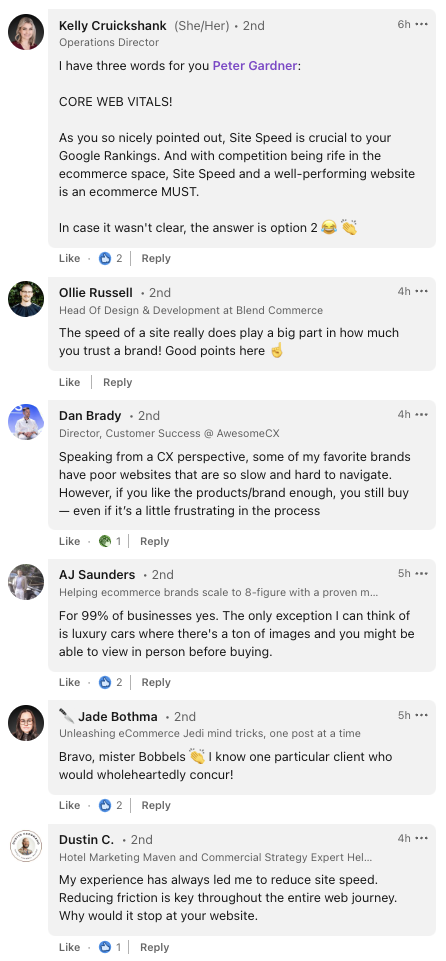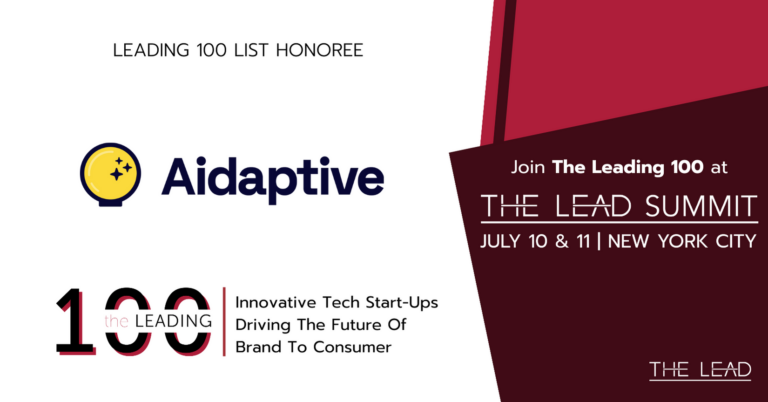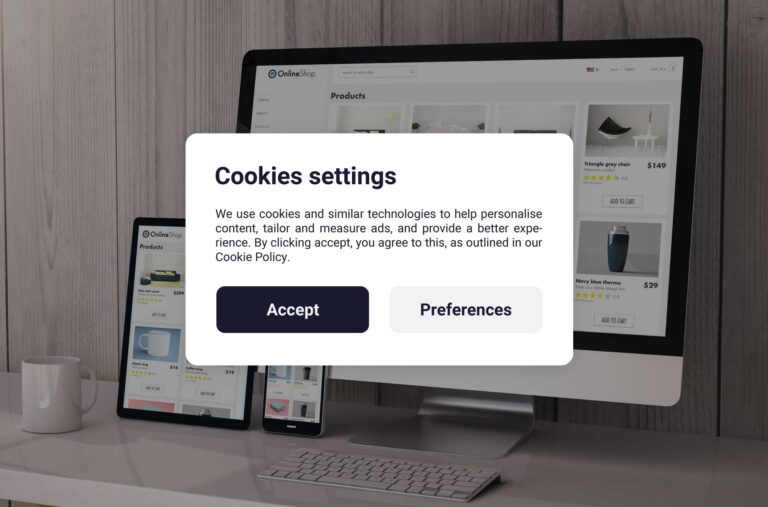Peter Gardner is an authority and someone that I follow and I enjoy reading his content on Linkedin. This week, he started an interesting post with the hook “Site Speed Doesn’t Matter in eCommerce“.
For years, the adage “time is money” has echoed everywhere in the halls of businesses.
In eCommerce, where the stakes are sky-high, and competition is just a click away, site speed has often been hailed as a crucial factor for success.
But does this stance still hold true?
According to Peter, these are the arguments and counter-arguments on the matter:
Argument: Maybe Site Speed Isn’t the Ultimate King in eCommerce
- Deep Engagement Overrules Impatience:
Consider this: users who are deeply engrossed in their quest for a product might be more forgiving of a slight delay. If the heart wants what it wants, an extra blink might not be a deal-breaker. - Rich Content Worth the Seconds:
Exceptional visuals, captivating interactivity, and a vivid content experience can be worth a few extra seconds. A mesmerizing site experience can overshadow a slower load time. - Personalization is the New Speed:
AI-driven personalization is changing the game. If the content hits the mark perfectly, if your personalization tool delivers a slight lag might fade into the background.
Counter Argument: The Traditional Perspective – Speed is Essential
- The Battle of Attention Span:
It’s a fast-paced digital age, and human attention span is dwindling to 8s. If your page is still loading while a competitor’s isn’t, you might just lose a potential sale. - Bounce Rate Doesn’t Lie:
Google’s data speaks volumes. An increase from 1s to 3s load time can increase the bounce rate by 32%. Get to 5s? You’re potentially looking at a 90% bounce. - SEO – The Silent Salesman:
Slow site speed can affect search rankings. If your site isn’t optimized, potential customers might not even find you in their search results. - The High Cost of Delays:
A one-second lag in page loading can lead to a 7% drop in conversions. For an e-commerce platform generating $50,000 daily, this one-second disparity might translate to an annual loss of $1.25 million in sales. - Trust and Perception:
A sluggish site can erode trust. Customers might associate slow loading times with potential data risks or post-purchase service quality.
And Peter got the discussion started:
Our Viewpoint:
AI-driven user experiences should not compromise site speed. Speed and AI-powered personalization are equally critical in today’s fiercely competitive e-commerce landscape. The encouraging aspect is that optimizing one doesn’t mean sidelining the other.
If you find that your current tools undermine either, perhaps it’s time to reevaluate your tech stack. Aidaptive is offering a 90-day FREE trial for the companies that qualify. Click here to learn more.



